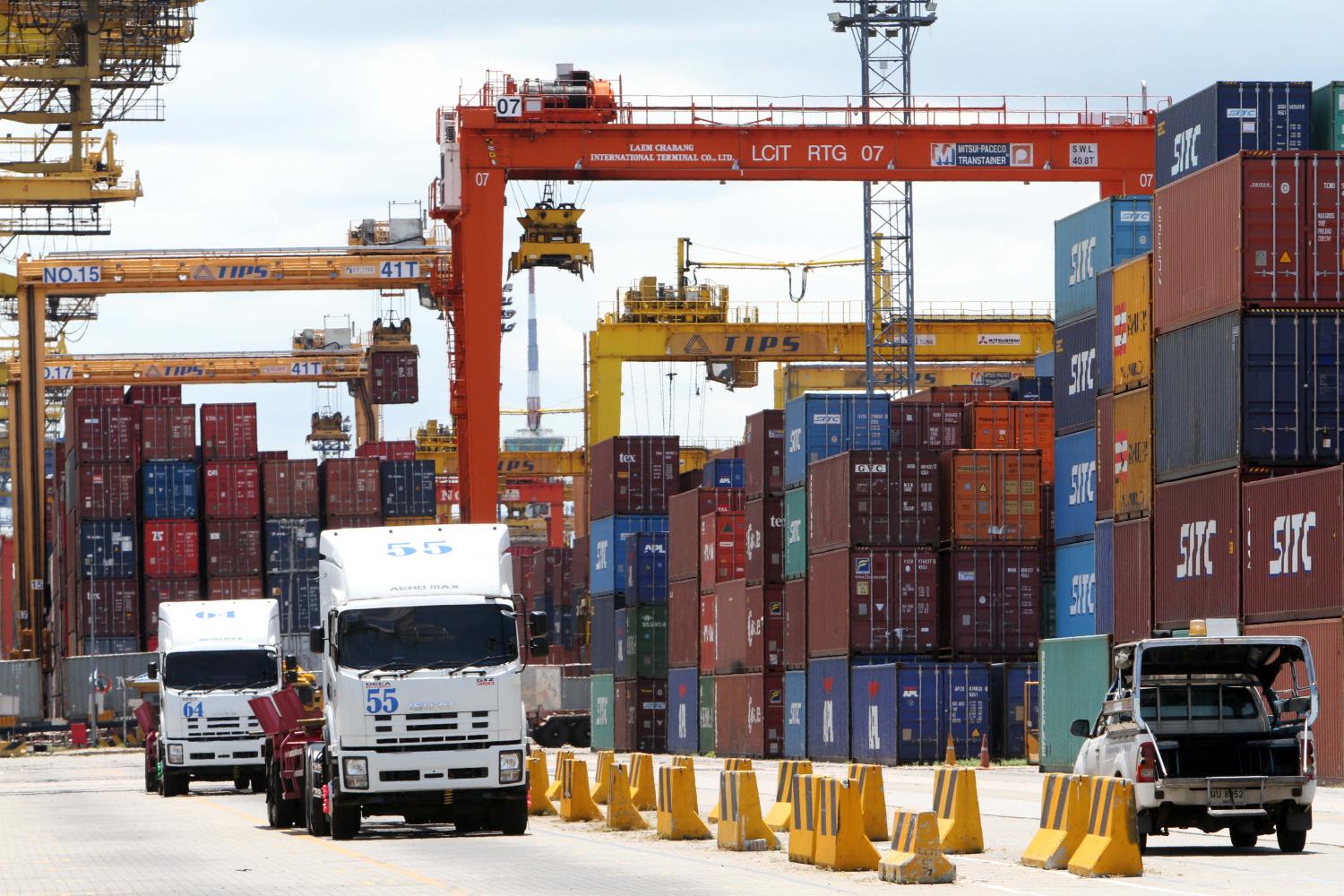
Thai exporters are advised to shift their focus to regional markets such as Asean, China, the Middle East and India instead of the world market in the second half this year.
Chaichan Chareonsuk, chairman of the Thai National Shippers' Council (TNSC), said the Russia-Ukraine war is likely to be prolonged and power polarisation between the US and China is expected to broaden.
More importantly, he said the energy crisis and a sharp rise in the prices of agricultural raw materials and rare-earth elements is expected to continue this year, causing overall production costs in the manufacturing sector and product prices to rise accordingly.
According to Mr Chaichan, the government and business sectors should take advantage of recovering tourism as foreign arrivals are expected to surge in the second half this year after the government announced on June 17 it would abandon the Thailand Pass system and end the requirement for face masks to be worn in public.
The TNSC projects foreign arrivals to reach 6 million people this year.
Thailand welcomed 1.4 million tourists during the first five months of 2022, a significant increase from 427,869 arrivals recorded for the whole of last year, according to the Tourism Authority of Thailand.
Mr Chaichan urged Thai exporters to speed up maximising the privileges offered by free trade agreements and deep trade partnerships (known as mini-free trade agreements) to increase trade.
In the remaining months of this year and in coming years, he said Thai producers also need to focus on bio-, circular and green products, which is a new global trend.
Mr Chaichan said despite myriad risk factors, the council still believes 5-8% growth for the country's export sector is achievable, with key drivers including the depreciation of the baht and robust demand for products such as sugar, rubber, auto parts, textiles, food, rice, and gems and jewellery.
The council projected Thai exports could maintain growth of 3-5% in the second quarter, then 5% in both the third and fourth quarters.
Exports grew by 8.7% in the first quarter.
The Commerce Ministry is scheduled to reveal the May trade data next week.
In the first four months of this year, Thai exports grew by 13.7% year-on-year to $97.1 billion, while imports rose by 19.2% to $100 billion, resulting in a trade deficit of $2.85 billion.







